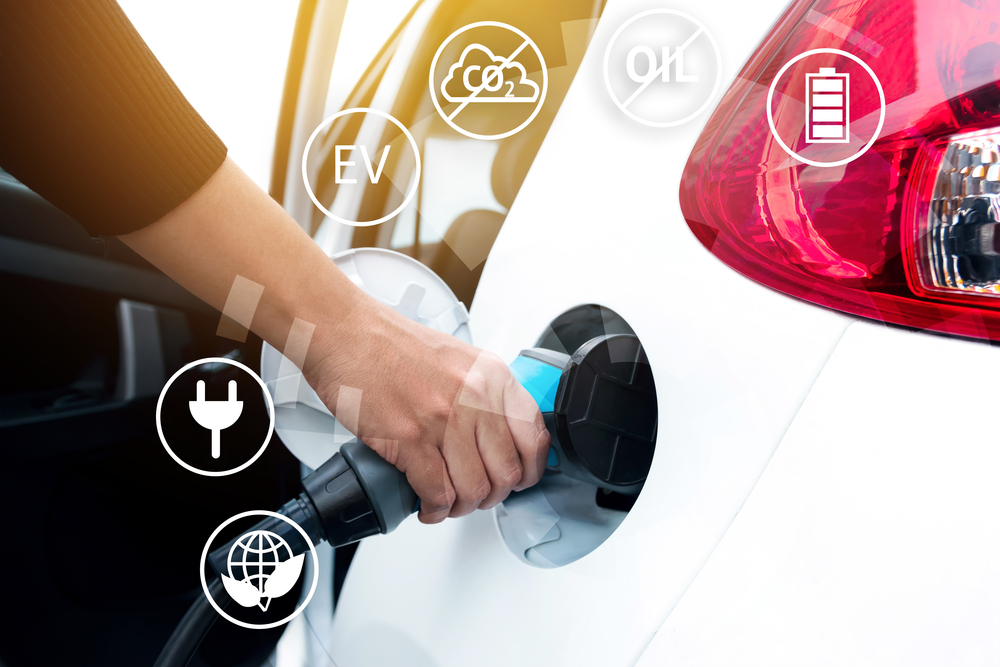
A new report, titled Pathways to Decarbonizing Transportation in Minnesota, was released this week by the Minnesota Department of Transportation (MnDOT), providing recommendations for meeting the state’s greenhouse gas emissions reduction goals.
“Reducing greenhouse gas emissions is critical to MnDOT’s vision of maximizing the health of people, the environment and our economy,” MnDOT Commissioner Margaret Anderson Kelliher said. “I’m proud of the proactive efforts our team has taken to engage the public and other agencies in this discussion, and develop meaningful actions and recommendations that will help Minnesota achieve a low-carbon transportation future.”
Based on public input collected from an online survey and webinar, as well as modeling efforts, the report’s recommendations seek to keep Minnesota in line with the requirements of its 2007 Next Generation Energy Act. The public pushed for things like recognition of the climate crisis and quick response, more transportation options, efforts focused on environmental justice, and the integration of transportation solutions with energy creation, land-use choices and state and local policy.
The report itself urges the adoption of clean car standards and more electric vehicles. It also noted future items MnDOT intends to pursue, such as the creation of a Sustainable Transportation Advisory Council, regional collaboration on electric vehicle corridors and analyzing greenhouse gas emissions in transportation projects.
“Decarbonizing transportation in Minnesota will capitalize on the state’s resource base, history of technology innovation, and extraordinary market momentum toward cleaner mobility options,” Rolf Nordstrom, president and CEO at the Great Plains Institute, said. “The report reflects the desire of residents across Minnesota for clean transportation, including building electric vehicle infrastructure and bolstering biofuels. Both rural and urban Minnesotans will see economic opportunity in this report.”